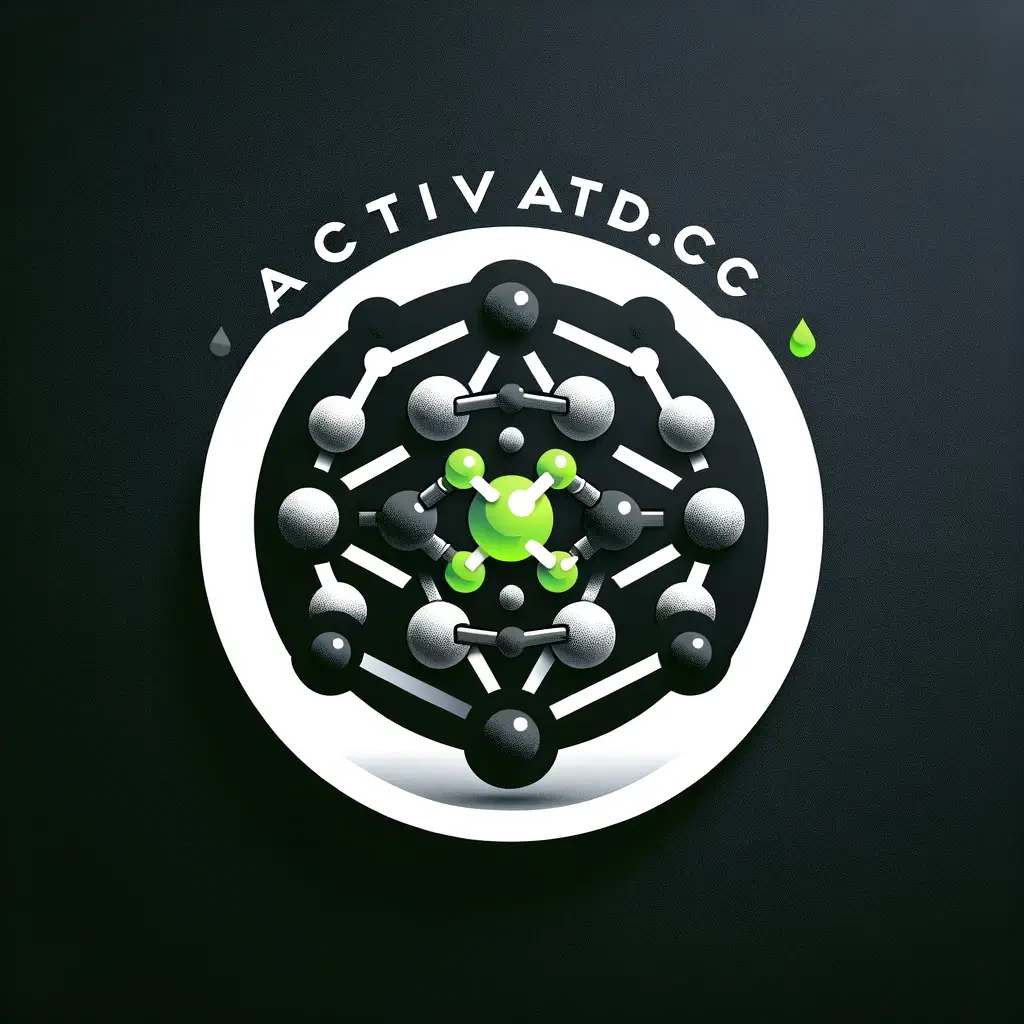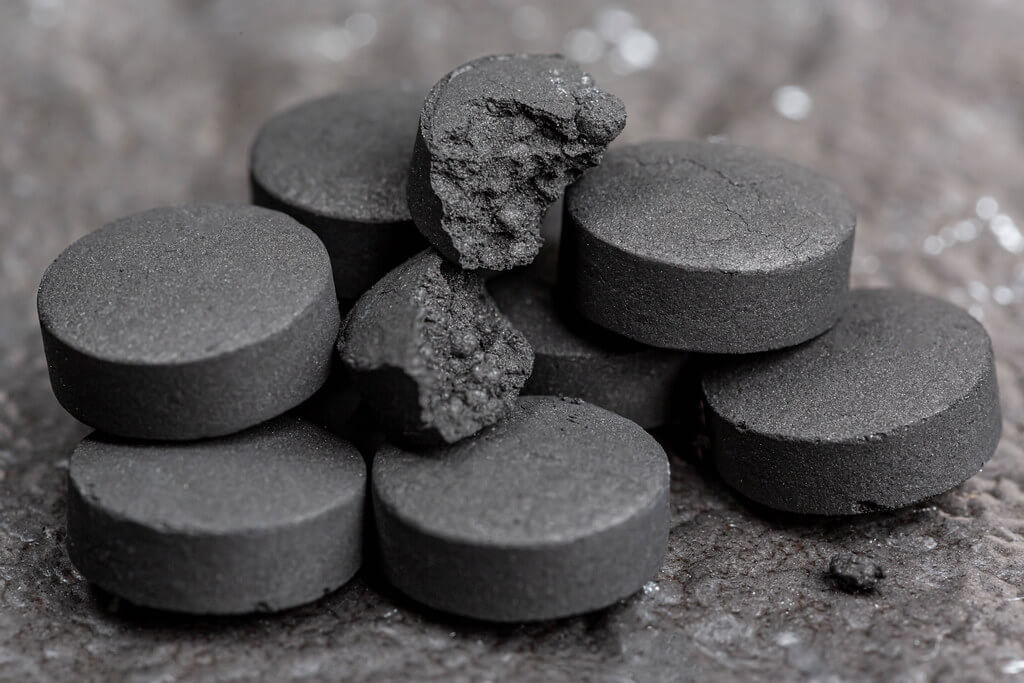Activated charcoal has become a household staple for its remarkable adsorption abilities and wide-ranging applications, from detoxification to skincare. Among the various types of activated charcoal, one stands out with unique characteristics and advantages – activated bamboo charcoal. In this article, we will delve into what sets activated bamboo charcoal apart from other types of activated charcoal.
Understanding Activated Charcoal
Activated charcoal, also known as activated carbon, is a versatile substance that results from the controlled activation of carbon-rich materials, such as wood, coconut shells, peat, or bamboo. The activation process involves heating the raw material at high temperatures, creating a highly porous structure with an increased surface area. This porous structure is what gives activated charcoal its exceptional adsorption properties.
Activated Carbon Uses
Activated carbon, also known as activated charcoal, is a versatile and highly porous substance that has found its way into a wide range of applications across various industries. Its exceptional adsorption properties, large surface area, and ability to remove contaminants from gases and liquids make it a valuable tool for environmental, industrial, medical, and even everyday uses.
1. Environmental Applications: Activated carbon is a champion in environmental protection due to its ability to adsorb pollutants and impurities. It’s used in water treatment facilities to remove organic compounds, chemicals, and even unwanted odors. Municipalities rely on activated carbon filters to purify drinking water and wastewater, ensuring cleaner and safer water supplies.
2. Air Purification: In the realm of air quality control, activated carbon plays a crucial role in air purifiers and gas masks. It captures volatile organic compounds (VOCs), foul odors, and harmful gases, improving indoor air quality in homes, offices, and industrial settings. Activated carbon’s porous structure traps these pollutants, creating cleaner and healthier environments.
3. Industrial Processes: Many industries use activated carbon for purification, separation, and recovery processes. It’s commonly employed in food and beverage production to remove impurities and contaminants from liquids, like sugar refining and alcohol distillation. In the pharmaceutical industry, activated carbon is utilised in purification processes to ensure high-quality products.
4. Medical and Pharmaceutical Uses: Activated carbon’s adsorption capabilities extend into the medical field. It’s used in emergency medical treatments to counteract poisonings and drug overdoses. In the form of activated charcoal, it’s administered orally or through a stomach tube to adsorb toxins and prevent their absorption by the body.
5. Gas Masks and Respirators: Military personnel, first responders, and individuals working in hazardous environments rely on activated carbon-based filters in gas masks and respirators. These filters effectively capture harmful gases, smoke, and chemical vapors, providing essential protection against airborne threats.
6. Gold Recovery: In the mining industry, activated carbon assists in gold recovery from cyanide solutions during the gold extraction process. The porous structure of activated carbon attracts and adsorbs gold complexes, allowing for efficient separation and purification.
7. Agriculture: Activated carbon finds its way into agriculture by improving soil quality. It’s used to remediate contaminated soils by adsorbing heavy metals and chemicals, thereby enhancing soil health and promoting plant growth.
8. Beauty and Personal Care: Activated carbon has gained popularity in beauty and personal care products, such as face masks, cleansers, and toothpaste. Its adsorption properties help draw out impurities from the skin and teeth, promoting a fresher appearance and improved oral hygiene.
9. Deodorizers and Refrigerators: Activated carbon’s odor-absorbing capabilities make it an ideal ingredient in deodorizers and refrigerator filters. It helps eliminate unwanted smells, keeping spaces and appliances smelling clean and fresh.
10. Energy Storage: Researchers are exploring the potential of activated carbon in energy storage applications, particularly in super-capacitors. The material’s high surface area and conductivity are promising for enhancing the performance of energy storage devices.
Activated carbon’s incredible adsorption properties and versatility have led to its incorporation into a myriad of applications across multiple industries. From environmental protection to medical treatments and beyond, its unique properties continue to make a significant impact on our daily lives, enhancing safety, health, and quality across various domains.
Activated bamboo charcoal
Activated bamboo charcoal stands out as a sustainable and highly effective option among various types of activated charcoal. Its unique pore structure, larger surface area, and versatility make it a valuable choice for a wide range of applications, from enhancing indoor air quality to improving skincare routines. When considering the numerous benefits of activated charcoal, choosing bamboo charcoal is not only a smart choice for your needs but also for the environment.











